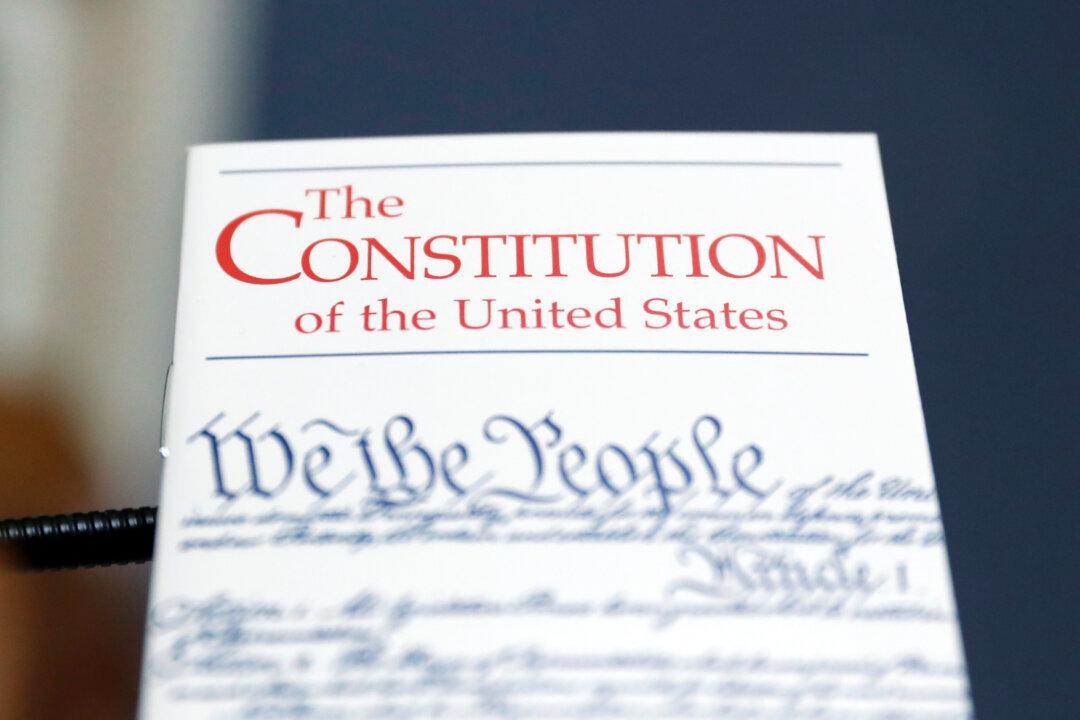Commentary
Throughout history, admirers of the United States have viewed the Republic as a beacon of liberty and a laboratory of democracy.

Throughout history, admirers of the United States have viewed the Republic as a beacon of liberty and a laboratory of democracy.